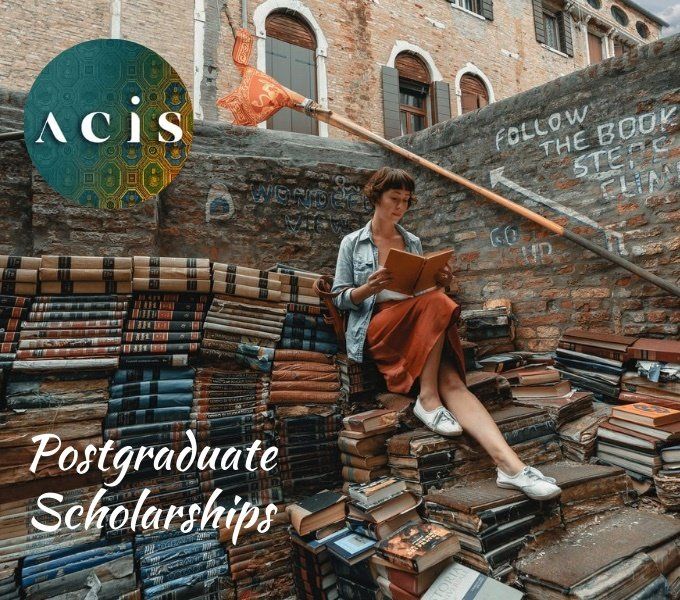How do Italian film-makers see China?
Stefano Bona Flinders University
16th century portrait of Marco Polo (1254 – 1324)
China has rapidly become the world’s second largest economy, and most of the clothes and shoes we wear, the mobile phones and computers we use, the bicycles we ride today are made there. However China’s cultures and peoples are still largely unknown or misunderstood in Western societies. Italy may be seen as a symbol both of the positive relations of China with the West (an embassy sent by Rome reached China as early as 166 AD, and the legacy of Marco Polo and Matteo Ricci is still thought highly of by the Chinese) and of the misunderstandings which have occurred in the relations between these cultures. Hence the way Italy and Italians identify China, its people and its culture, might be seen as a “litmus test” of their perception by Western countries.
If we add two further considerations, that film makers are intellectuals who interpret the feelings of society, and that, as David Bordwell argues, films are created to have an impact on audiences and speak to their imaginative needs, it then becomes particularly interesting to analyse how China has been represented by Italian directors who have shot films there since 1949 (the year the People’s Republic of China was proclaimed).
In fact, Italy can be considered a forerunner also in this particular field. Carlo Lizzani shot the first Western full-length documentary film in the PRC ( La Muraglia Cinese/Behind the Great Wall , 1958); and in 1972 Michelangelo Antonioni was the first Western filmmaker to be invited by the Chinese authorities to shoot a documentary in the immediate aftermath of the Cultural Revolution ( Chung Kuo – Cina , 1972). In 1982 Giuliano Montaldo directed the Marco Polo TV series, which was partially shot on location in China, and in 1987 Bernardo Bertolucci directed The Last Emperor , which follows the life of Puyi through his youth as a child-emperor to his adulthood as a prisoner. Finally, Gianni Amelio’s La stella che non c’è/The Missing Star (2006) tracks the journey of an Italian technician through modern industrial China. Such films, particularly those set in contemporary China, show how the perception of that country in half-a-century has changed. It has shifted from an initial rather “blind” adherence to Maoism and the idea of a “New Man”, created by the revolution as an alternative to capitalism and Soviet communism, to disenchantment with the new economic superpower in the years of Western de-industrialisation and economic crisis.
That is a brief outline of my current research project. In order to tackle these issues, from a methodological point of view, I find it necessary to consider the social and historical background in the two countries and to explore what kind of understanding of China actually reached Italy between the 1950s and the 1970s (when travellers to China – some of whose diaries it will be useful to analyse – were mainly ideologically-based and lacked a proper knowledge of that culture). I shall then assess how Maoism was perceived in the late 1960s and early 1970s (I am currently looking for literature on this issue) and what impact the economic growth of China had on Italy. After examining that background, I will concentrate on the single films, from their genesis to their cinematic analysis, and I will analyse how their representation of China fits into the general idea of the country at the time they were shot.
Such an analysis could of course be expanded, but my aim is to take the first step in a still unexplored area of intercultural and interdisciplinary analysis – something I feel increasingly necessary in today’s globalised world.
Share this:
- Share on Tumblr
- </div></li><li class="share-end"/><li class="share-reddit"><div class="reddit_button"><iframe src="https://www.reddit.com/static/button/button1.html?newwindow=true&width=120&url=https%3A%2F%2Facis.org.au%2F2013%2F01%2F19%2Fhow-do-italian-film-makers-see-china%2F&title=How%20do%20Italian%20film-makers%20see%20China%3F" height="22" width="120" scrolling="no" frameborder="0"/></div></li><li class="share-end"/></ul></div></div></div></div></div> <div id="jp-relatedposts" class="jp-relatedposts"> <h3 class="jp-relatedposts-headline"><em>Related</em></h3> </div></div> </div>









